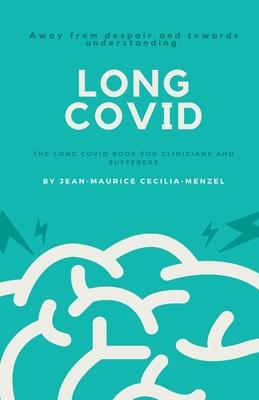COVID-19 or SARS-CoV-2 infection emerged as a global pandemic, associated with increased morbidity and mortality across the globe. The symptoms of COVID-19 appear 4-5 days following the exposure. The symptoms include throat pain, body aches, fever, cough, diarrhea, and loss of smell and taste. In the case of -mild infection, one may recover 7-10 days following the occurrence of symptoms while in severe cases, the recovery period may last for 3-6 weeks. Despite recovering from the COVID-19 infection, some individuals report the persistence of symptoms, usually weeks and even months after the infection. Such individuals are commonly labeled as long haulers.
Long haulers are considered to be suffering from long COVID or post-COVID syndrome. This health condition is characterized by the presence of symptoms weeks or months following the initial onset of the infection. In addition to the persistence of older symptoms, some new symptoms may also develop in the case of long COVID. The development of this condition is not associated with the viral status in the body. This means that an individual may have long COVID even if the body has eradicated the virus, as indicated by the polymerase chain reaction (PCR) test. In other words, long COVID is the period from microbiological recovery to clinical recovery.
Based on the duration of the presence of symptoms, long COVID can be categorized into post-acute COVID stage and chronic COVID stage. In the post-acute COVID stage of long COVID, the duration of symptoms ranges from 3 weeks to 12 weeks. The chronic COVID stage occurs when the symptoms are present longer than a period of 12 weeks. The symptoms may be relapsing (worsening) or remitting (repeating) in the case of long COVID. This chapter provides insight into the symptoms, risk factors, pathogenesis, diagnosis, and an overview of treatment options for long COVID. Basic knowledge of these topics is essential for understanding and adapting to the strategies for self-management of long COVID.
